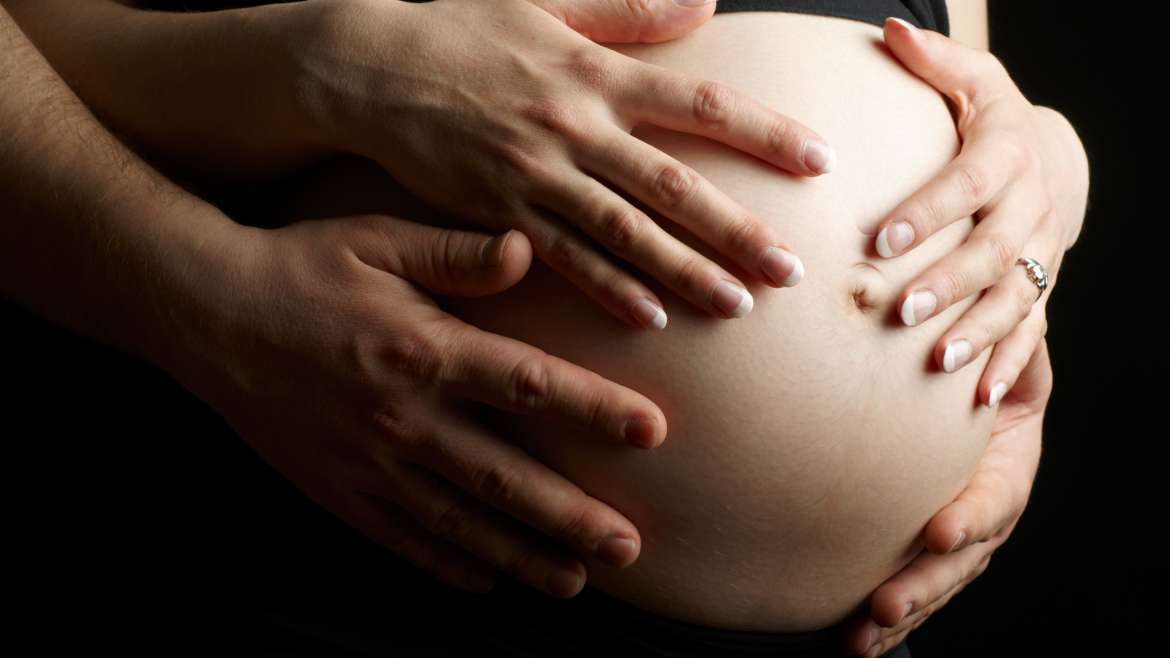How do I know if I am infertile?
There are various symptoms that are linked to infertility but in most cases, they are not direct or obvious symptoms until you try to conceive. However, there can be some tell-tale signs that could be linked to infertility:
Among women
- Painful and heavy periods
- Irregular menstrual cycles
- Obesity
- Unexplained weight gain (an indication of fluctuating hormone levels)
- Pain during sex
Among men
- Erectile dysfunction
- Obesity
- Changes in the testicles such as lumps or swelling
- Painful testicles
- Small and firm testicles
At times, infertility may not present with any symptoms. However, if you and your partner have been actively trying to conceive for over a year, it is best to consult a fertility specialist.
What is infertility?
Infertility is a medical condition that is defined as the inability to conceive naturally, after one year of trying. There are several possible causes to infertility and it is best to make an appointment with you fertility specialist instead of assuming as this could delay you and your partner from receiving the treatment that may be required.
How can a woman tell if she is ovulating?
The best way to tell if you’re ovulating is to keep track of your menstrual cycle regularly. Assuming that you have a 28-day menstrual cycle, ovulation happens 14 days before your next period starts. This is a general guide and if you would like a more accurate test, an ovulation kit may be able to tell if you are ovulating or not.
Do hot tubs really affect a man’s fertility?
Exposure to high temperatures for long periods of time may lead to infertility. Hence, hot tubs, jacuzzis and possibly working with a laptop on your lap regularly and for long hours may decrease sperm production. In addition, wearing tight trousers and underwear as well as working in a hot environment can affect sperm production too.
Which partner is more likely to be infertile?
A common misconception is that infertility is a ‘woman’s problem’. However, this is not true. The possibilities are equal among men and women. There is a 40 percent chance that infertility may affect the male partner and 40 percent for women as well. In addition, there is a 10 percent chance that infertility could be affecting both partners and the other 10 percent would be unknown causes.
Instead of pointing fingers, we recommend that you seek advice from a fertility specialist to help you identify if help is needed to conceive the child of your dreams.
How important is a woman’s age when it comes to fertility?
A woman’s age is a very important factor because as a woman reaches the age of 40 or closer towards the menopausal stage, the chances of getting pregnant becomes lower. That being said, a man’s increasing age could also affect his fertility.



